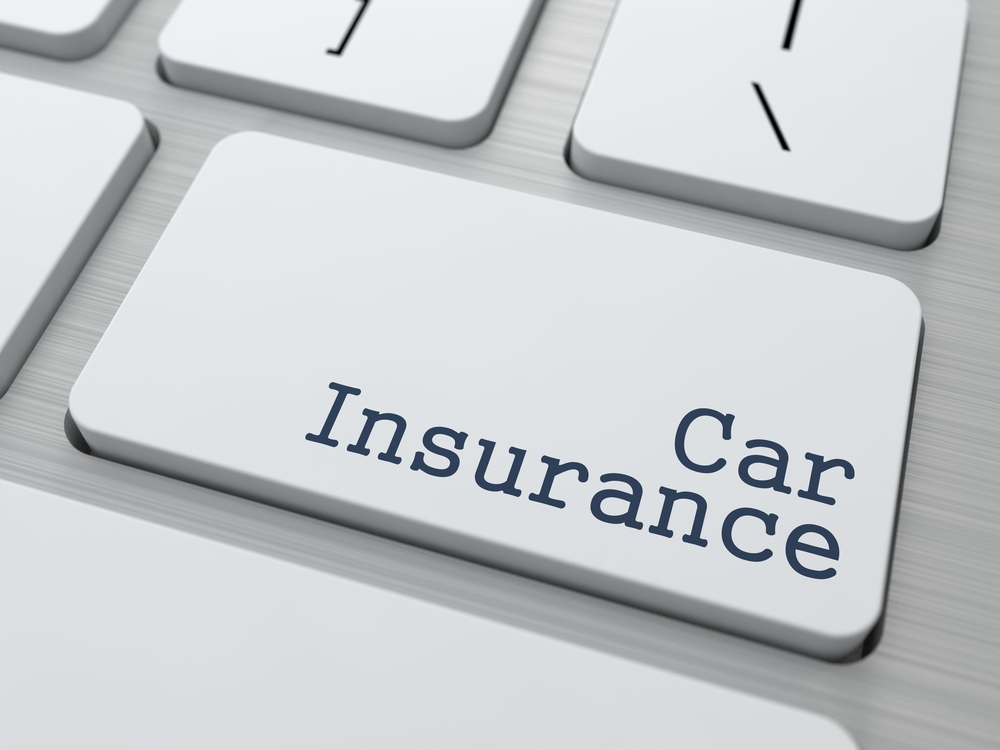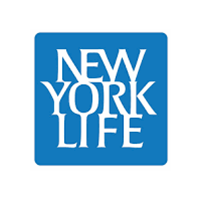For the more than half a million U.S. entrepreneurs who start a business each month, making the right insurance moves can mean the difference between a first-anniversary celebration and an inaugural-year flop. Whether you have one or a few hundred employees, sell products or offer services, or command your operation from inside or outside your home, your insurance considerations as a small business owner are quite different from those of an individual consumer.
What's a business owner's policy?
A business owner’s policy - sometimes called a BOP - is a "package" product that typically includes property, business interruption/continuation, and liability insurance. For many small businesses, purchasing a BOP can be a less costly option than buying individual policies. Many insurers also customize BOPs for specific types of businesses.
A home-based business or a company with only a few employees may start out with a BOP and then expand coverage as the company grows. However, a BOP typically does not include commercial auto insurance, workers’ compensation, health or disability insurance, or liability insurance for claims of wrongful professional practices.
Not all businesses qualify for a BOP. For example, a factory or a jewelry store, because of the unique risks, usually requires more customized coverage than what’s included in a standard BOP.
What's commercial auto insurance?
While the types of insurance coverage provided by personal and commercial auto insurance policies are essentially the same, there are important distinctions. Typically, commercial auto insurance policies have higher liability limits, for example, $1 million. They also may have provisions that cover rented and other non-owned vehicles, including employees’ cars driven for company business.
Ask yourself:
- Who owns or leases the vehicle, you individually or the business as an entity?
- Who drives the vehicle, you or your employees?
- How is the vehicle used most of the time, i.e., for transporting people, delivering documents or moving hazardous materials?
What's general liability insurance?
If someone falls while visiting your business, or if a customer is hurt by a product you sell, you can be held responsible. That’s the risk business liability insurance covers.
In a survey by the National Federation of Independent Business (NFIB), 30 percent of small business owners ranked the cost and availability of liability insurance as their second most important insurance concern. (Health insurance ranked first; workers’ compensation ranked third.)
Liability insurance, also called commercial general liability (CGL), covers four categories of events for which you could be held responsible:
- Bodily injury
- Damage to others' property
- Personal injury including slander and libel
- And false or misleading advertising
CGL coverage pays for the injured party’s medical expenses. Coverage excludes employees as they should be protected by workers’ compensation insurance. Bear in mind even trespassers can sue if they are hurt on your business premises.
Does general liability cover legal damages?
CGL insurance typically covers three types of legal damages for which you may be sued:
- Compensatory damages, financial losses suffered by the injured party, and future losses they may suffer as a result of an injury;
- General damages, non-monetary losses suffered by the injured party, such as “pain and suffering” or “mental anguish;” and
- Punitive damages, additional penalties, and charges assessed against you or your business to deter future bad behavior.
What does general liability not cover?
Standard CGL insurance does not protect your business against the following:
- Claims of sexual harassment, wrongful termination of employees, failure to employ or promote, or race and gender lawsuits. These and other employee-related claims must be covered by employment practices liability coverage. The cost of employment practices liability insurance depends on specific factors such as the number of employees and whether the company has been sued in the past. These plans also cover legal fees associated with defending a related lawsuit.
- Claims related to operating a vehicle. If your business owns vehicles, you will need separate commercial vehicle coverage to protect against accident-related liability claims.
- Employee claims for work-related injury or loss. Such losses typically are covered by workers' compensation insurance. Note that business owners, independent contractors, domestic employees in private homes, farm workers, and unpaid volunteers typically are exempt from workers’ compensation eligibility.
- Professional liability for errors and omissions such as failure to provide appropriate advice, errors in the delivery of professional services causing harm, and failure to meet professional standards of practice.
What are other types of business liability insurance?
Premiums for business liability coverage depend on the type of product or service provided and the perceived level of risk.
- Professional liability or errors and omissions insurance, coverage for wrongful practices by professional service providers (e.g., healthcare providers, lawyers, and consultants);
- Medical professional liability insurance, sometimes called medical malpractice, protects physicians and other licensed healthcare professionals from liability associated with wrongful practices resulting in bodily injury, medical expenses, and property damage, as well as the cost of defending lawsuits related to such claims;
- Crime insurance protection against burglary, theft, and malicious damage, such as employee embezzlement;
- Cyber liability insurance that covers web-based businesses for damages caused by computer hackers and viruses;
- Intellectual property insurance, that covers copyright, trademark, or patent infringement claims stemming from your company's operation.
- Umbrella business liability insurance for extra protection above a standard CGL policy. Coverage limits typically range from $1 million to $5 million and are appropriate for business owners with large assets or who may be especially vulnerable to lawsuits.
This article is provided by the National Association of Insurance Commissioners (NAIC). Learn more about business insurance from a licensed financial advisor using our one-of-a-kind Find An Advisor tool.









